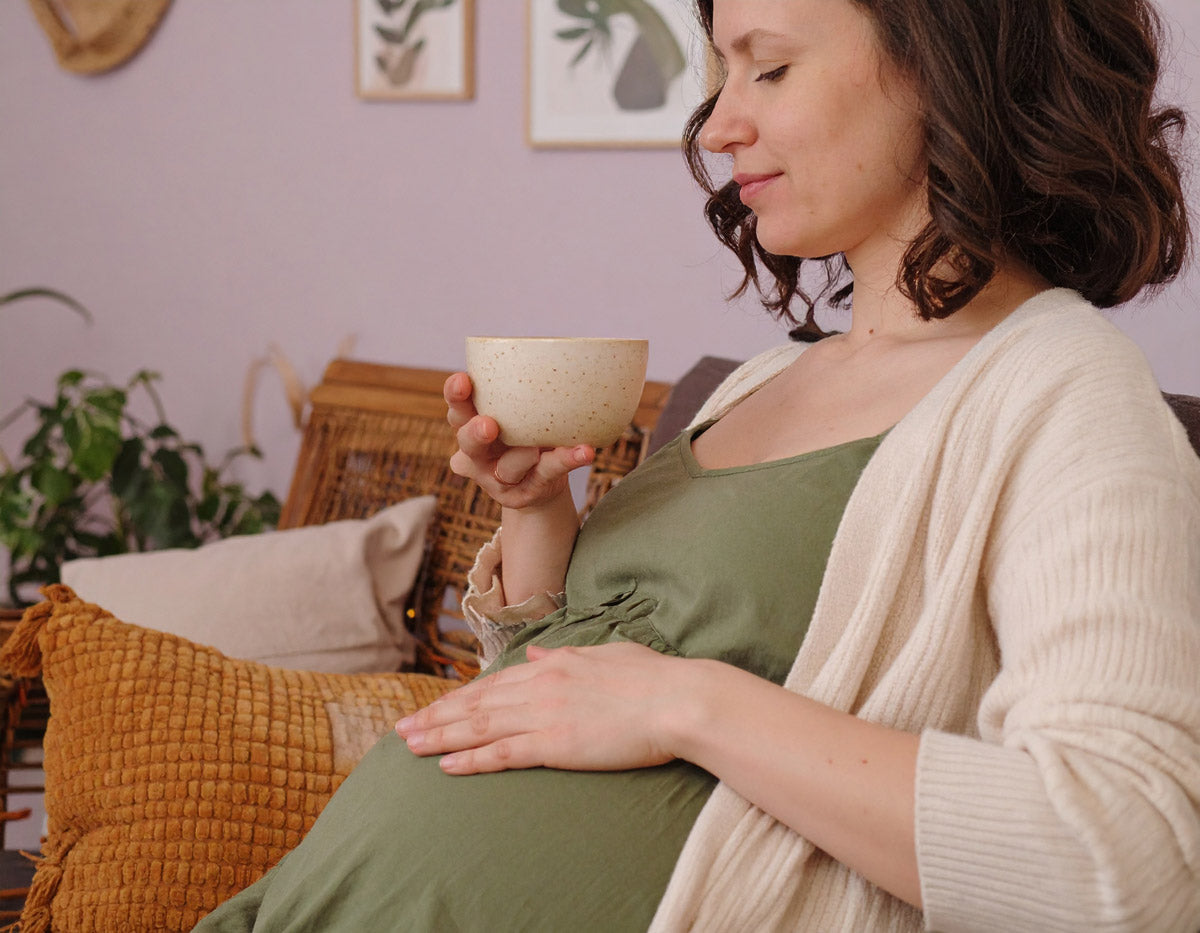
Can I drink herbal tea when I am pregnant or during pregnancy?
Guide to drinking herbal teas during pregnancy
Faced with the abundant supply of natural products and the appeal of traditional remedies, a question arises for many expectant mothers: are herbal teas truly beneficial or do they present risks during pregnancy? Navigating ancestral uses and modern scientific knowledge can be complex. This article aims to support you during this unique time by offering you a comprehensive and factual guide. Its goal is to help you navigate the world of herbal teas safely, allowing you to enjoy the benefits of plants while protecting your health and that of your baby.
Introduction
Pregnancy is a time of significant change, and every dietary choice must be carefully considered. Nature, often perceived as a source of comfort, offers many wellness solutions. Herbal teas, with their varied aromas and purported benefits, appear to be ideal beverages. However, it's essential to understand that not all plants are harmless during pregnancy. Some can cause adverse effects or even pose dangers to the mother and the developing fetus. Given the increasing use of herbal teas among pregnant women, having reliable information is essential. This article aims to guide you through the potential benefits and risks, clearly identifying which plants to favor and which to avoid.

The potential benefits of herbal teas during pregnancy
Herbal teas, when chosen wisely, can be much more than just hot drinks and offer concrete benefits to pregnant women. They are a natural source of well-being, provided the herbs are appropriate and consumed without excess. Let's take a look at the main benefits herbal teas can offer during pregnancy.
Hydration and essential nutrient intake
Hydration is a fundamental need during pregnancy. It's necessary to maintain adequate blood volume, support fetal development, and help prevent constipation. Herbal teas, with their pleasant taste, can encourage adequate fluid intake throughout the day. Additionally, certain plants are particularly rich in vitamins and minerals. For example, nettle is a notable source of iron, calcium, and vitamin C. Rosehip, the fruit of the rosehip, is highly concentrated in vitamin C, an important antioxidant for strengthening the immune system.
Relief from pregnancy aches and pains
Pregnancy is often accompanied by discomforts such as nausea, sleep disturbances, anxiety, or indigestion. Certain herbal teas can help relieve these symptoms naturally. Ginger is a well-documented remedy for morning sickness, thanks to its antiemetic properties. Chamomile is traditionally used for its calming effects and can help improve sleep and reduce anxiety. Finally, lemon balm is a plant with relaxing properties that promotes relaxation.
Preparation for childbirth
Certain herbal teas are traditionally used to prepare the body for childbirth. The best known is raspberry leaf tea. It is believed to tone the muscles of the uterus, with the idea of potentially reducing the duration of labor and limiting the risk of postpartum hemorrhage. However, it should be noted that the effectiveness of this herbal tea is not supported by solid scientific evidence . It should therefore be used with great caution and under the supervision of a health professional.
Risks and precautions to take with herbal teas
While some herbal teas can be beneficial, it's important to know that many plants should be avoided during pregnancy. Some can even be dangerous for both mother and baby. It's therefore imperative to be aware of the risks and take all necessary precautions.
Plants to absolutely avoid
Certain plants are strictly not recommended due to their powerful effects. They can trigger uterine contractions, cause bleeding, or contain toxic compounds. Plants to avoid include:
-
Pennyroyal: it contains a substance toxic to the liver.
-
Sage: Its thujone content can cause contractions and has neurological toxicity.
-
Parsley (in large quantities): it is known to stimulate uterine contractions.
-
Labrador tea (Ledum Groenlandicum): Due to the lack of scientific data confirming its safety, the precautionary principle dictates that it should be avoided completely during pregnancy.
This list is not exhaustive; professional advice is essential.
Plants to be used with caution and moderation
Other plants can be consumed, but only in small quantities and after medical advice, as they can have adverse effects depending on the individual and the dosage. Plants to be used with caution include:
-
Chamomile: May trigger allergies in sensitive individuals.
-
Peppermint: Can sometimes make heartburn worse.
-
Hibiscus: May have effects on blood pressure.
The importance of plant quality and source
Plant quality is essential. They can be contaminated by pesticides, heavy metals, or other pollutants. It is therefore recommended to choose certified organic plants and to purchase from reliable sources, such as recognized herbalists.
Consult a health professional
Consulting a doctor or midwife is an essential step before consuming herbal teas during pregnancy. This professional will be able to guide you towards suitable plants and rule out those that pose a risk based on your personal medical situation.

Safe and pleasant alternatives for expectant mothers
Fortunately, there are many alternatives to enjoy a warm and comforting drink without risking your health or that of your baby.
Herbal infusions recognized as safe
You can choose ingredients that are considered safe for use during pregnancy. Fruit infusions, such as red berries, wild blueberries, or apple, are excellent options, both tasty and rich in vitamins. Mild aromatic plants, such as lemon balm or verbena, can also be used to create relaxing and pleasant-tasting drinks.
Create your own wellness ritual
Beyond herbal teas, you can establish relaxation rituals. For example, consider a relaxing bath infusion . You can also create a calming environment at home by using soft colors, natural materials, and objects that evoke nature, or even a candle with Nordic aromas .

Frequently Asked Questions About Herbal Teas and Pregnancy
Here are detailed answers to some of the most frequently asked questions by pregnant women about herbal teas.
Which herbal teas are safe during pregnancy?
Herbal teas generally considered safe (consumed in moderation and after medical advice) include: ginger (for nausea), chamomile (with caution), lemon balm (for relaxation), rosehip (vitamin C), nettle (iron and minerals), and rooibos (naturally caffeine-free).
Which herbal teas should be avoided during pregnancy?
Herbal teas to absolutely avoid include: pennyroyal, sage, parsley (consumed in large quantities) and Labrador tea.
Can I drink green tea, black tea, or oolong tea during pregnancy?
These teas contain caffeine, which should be limited. Do not exceed 300 mg per day (about one to two cups).
Is raspberry leaf tea really effective in preparing for childbirth?
Evidence of its effectiveness is limited. Its use should be done with caution and under medical supervision, only in the third trimester.
Can I add honey or lemon to my herbal tea during pregnancy?
Honey is generally considered safe during pregnancy (but don't overdo it). Lemon is also safe and can even help relieve nausea.
Are essential oils safe during pregnancy?
Essential oils should be used with extreme caution and always under medical supervision. Many are strictly contraindicated.
Conclusion: a safe journey to well-being
We've come to the end of this guide to herbal teas and pregnancy. We hope this article has provided you with the information you need to make informed choices and safely enjoy the benefits nature has to offer. Always remember that caution and the advice of a healthcare professional are your best allies. Explore flavors wisely and make your pregnancy a time of well-being and serenity.
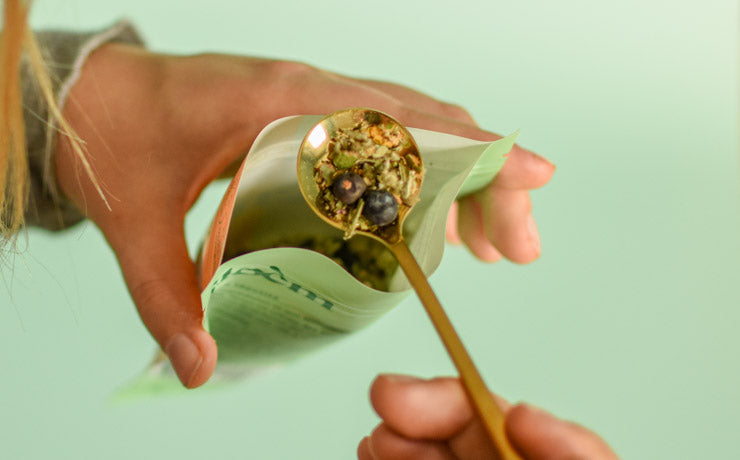
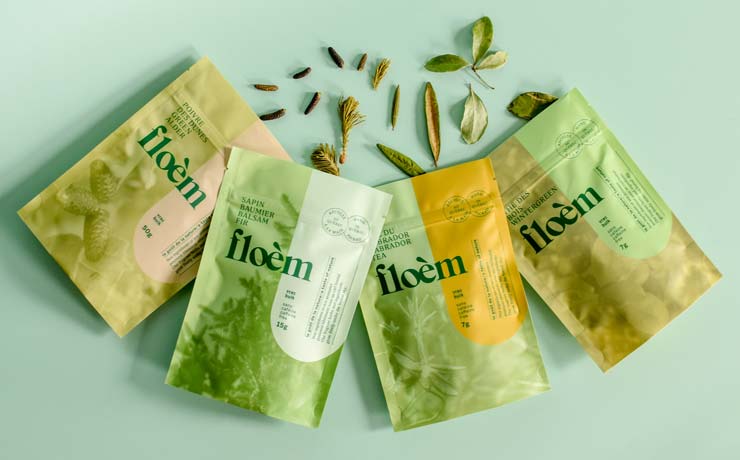
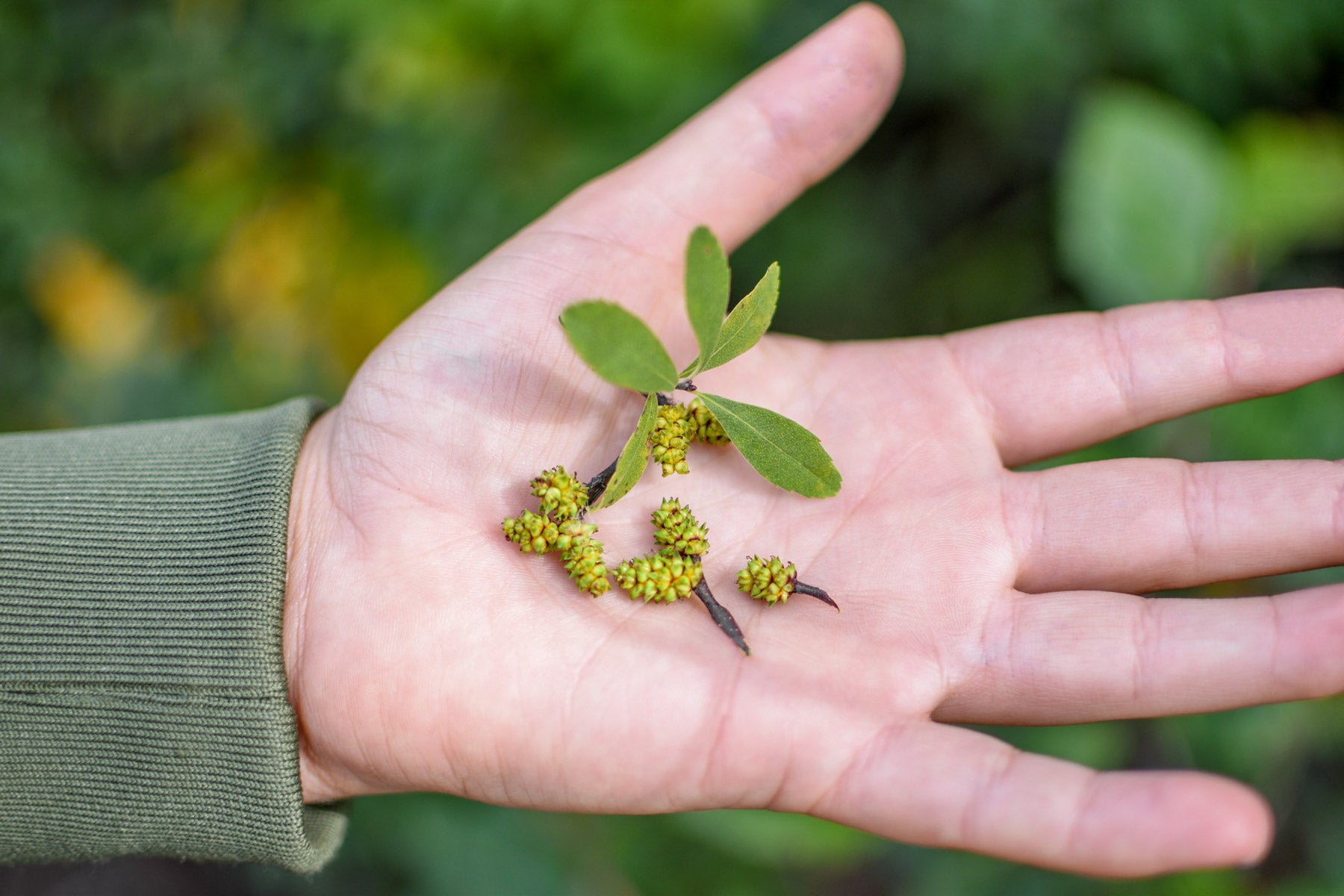




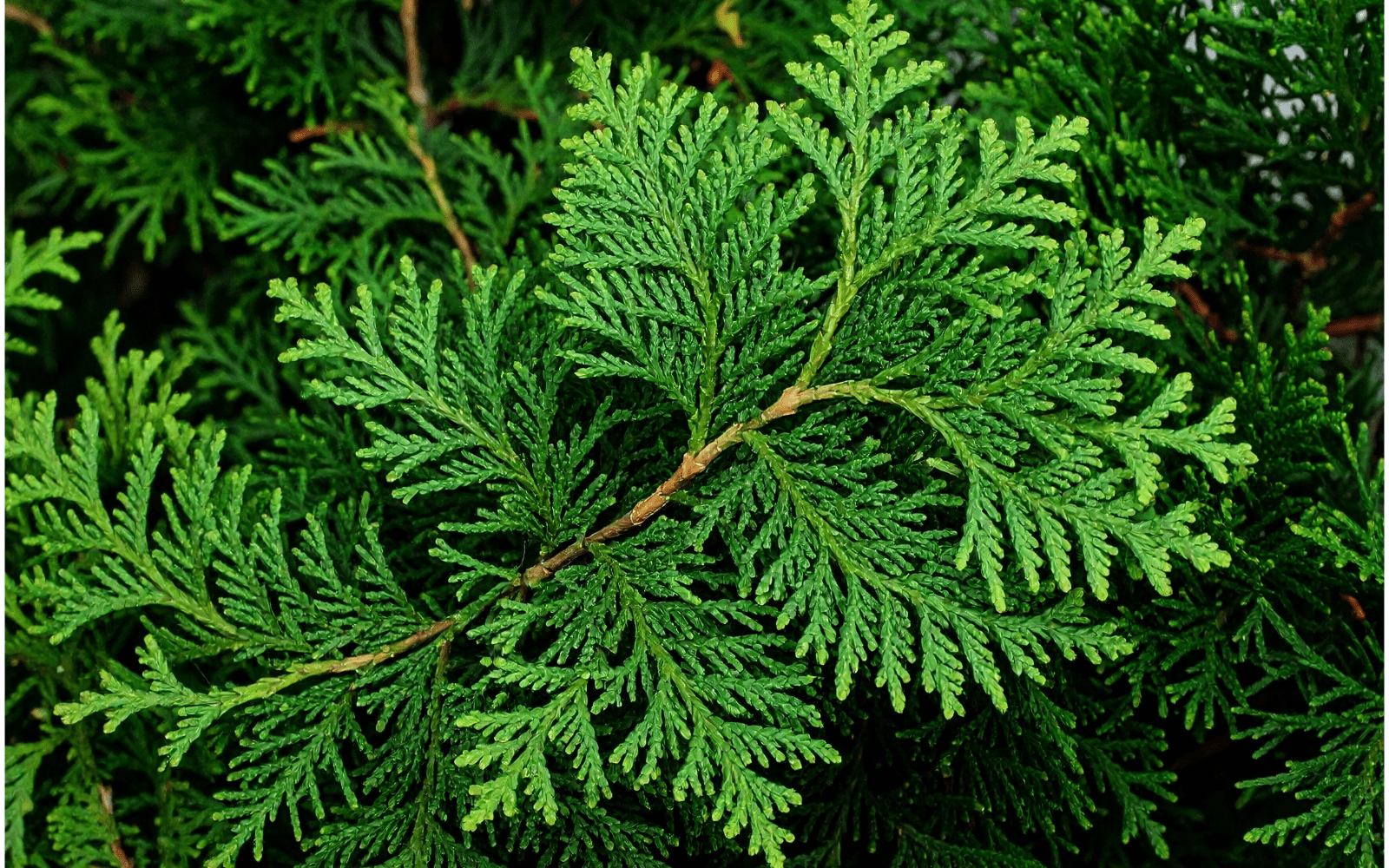
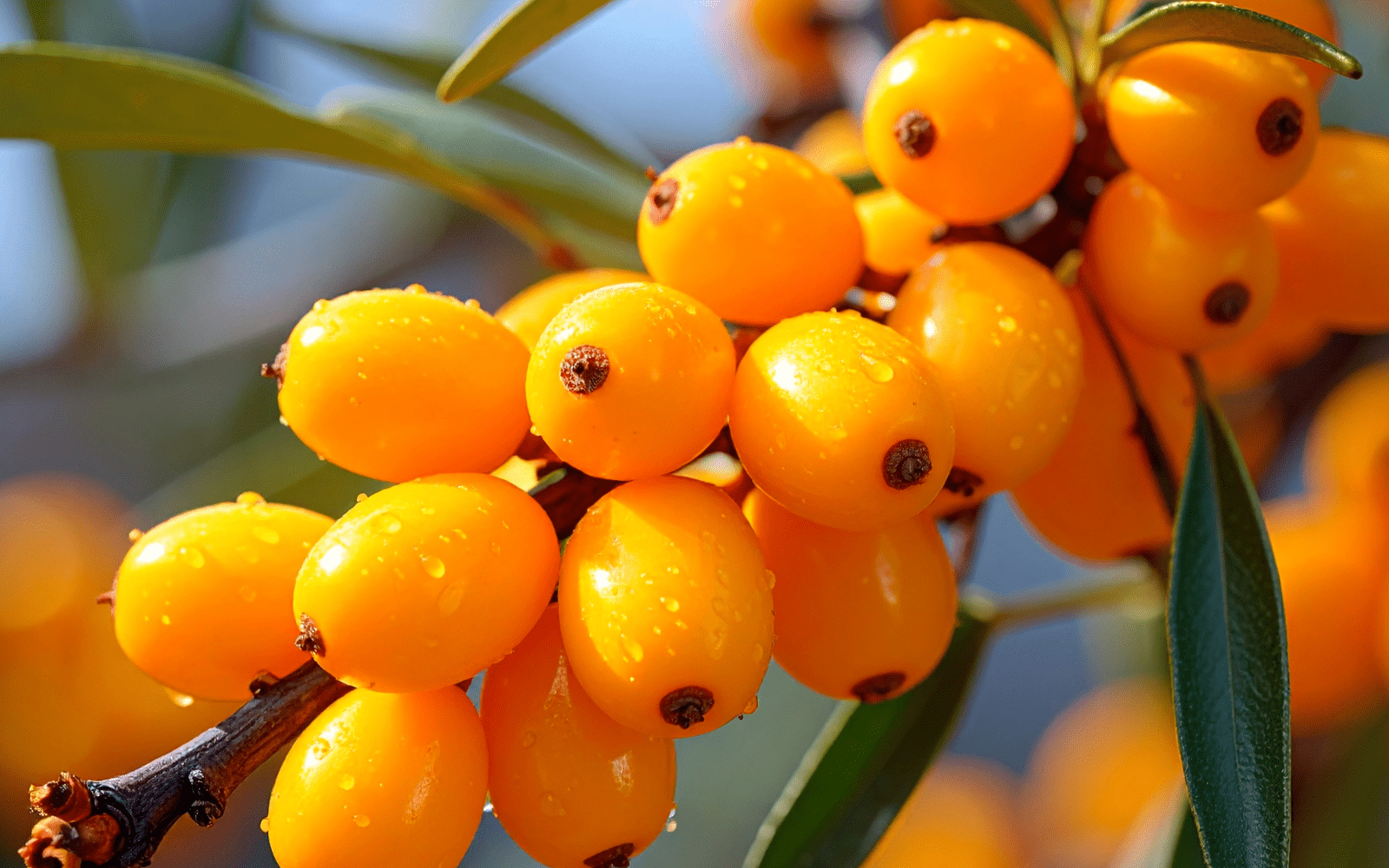
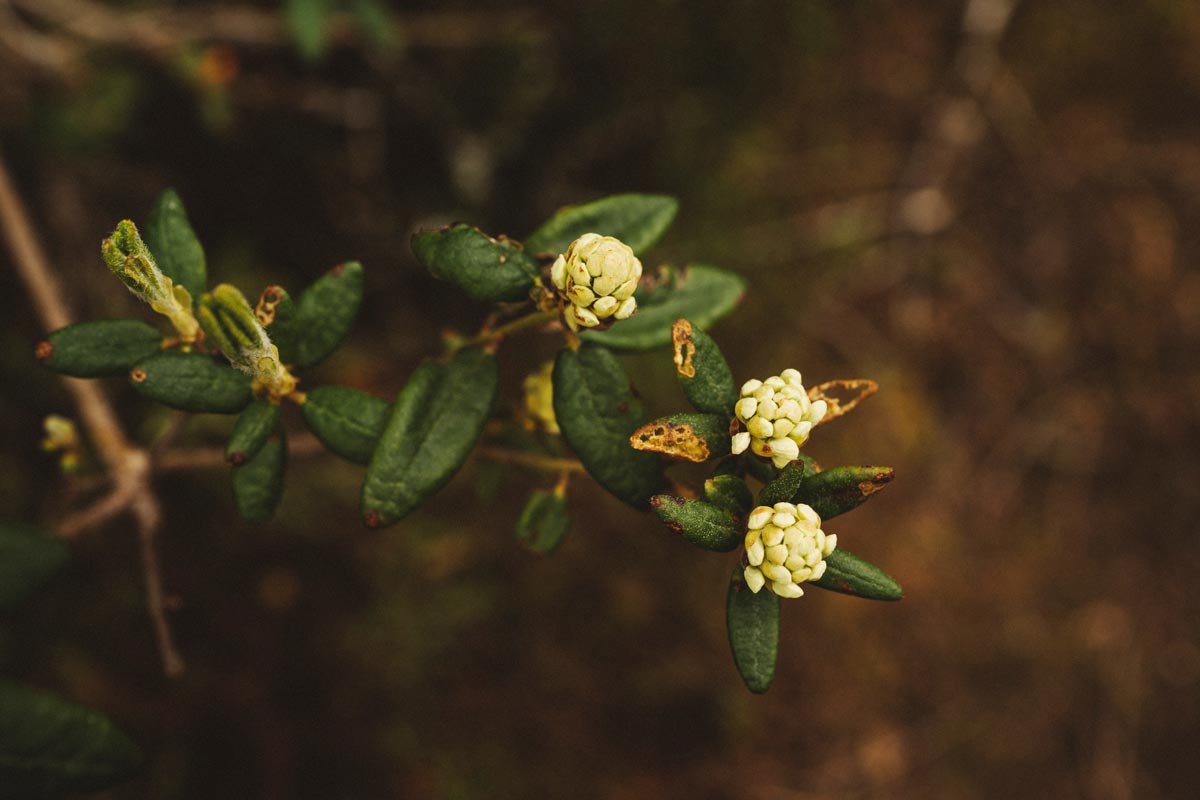
Leave a comment
This site is protected by hCaptcha and the hCaptcha Privacy Policy and Terms of Service apply.